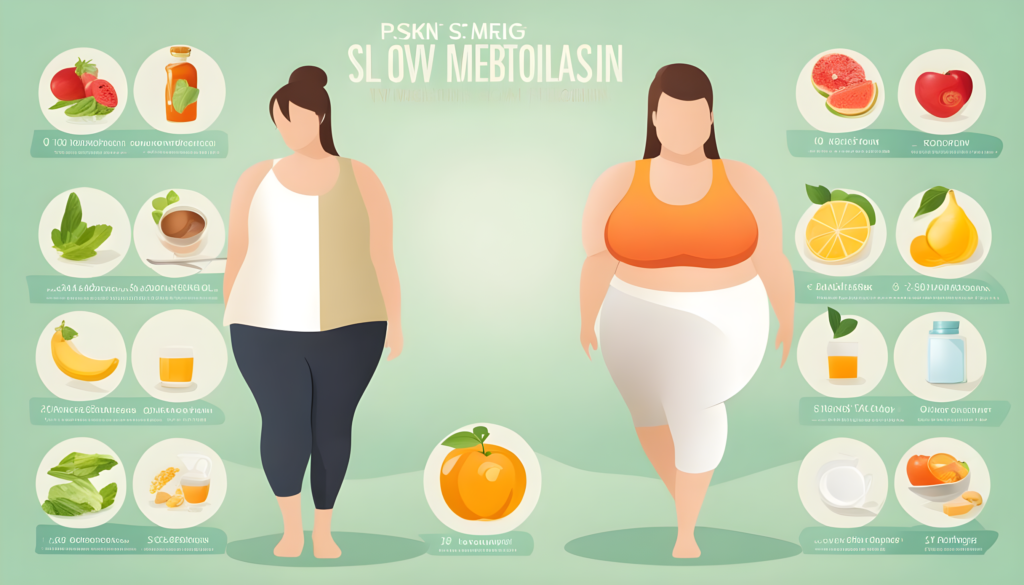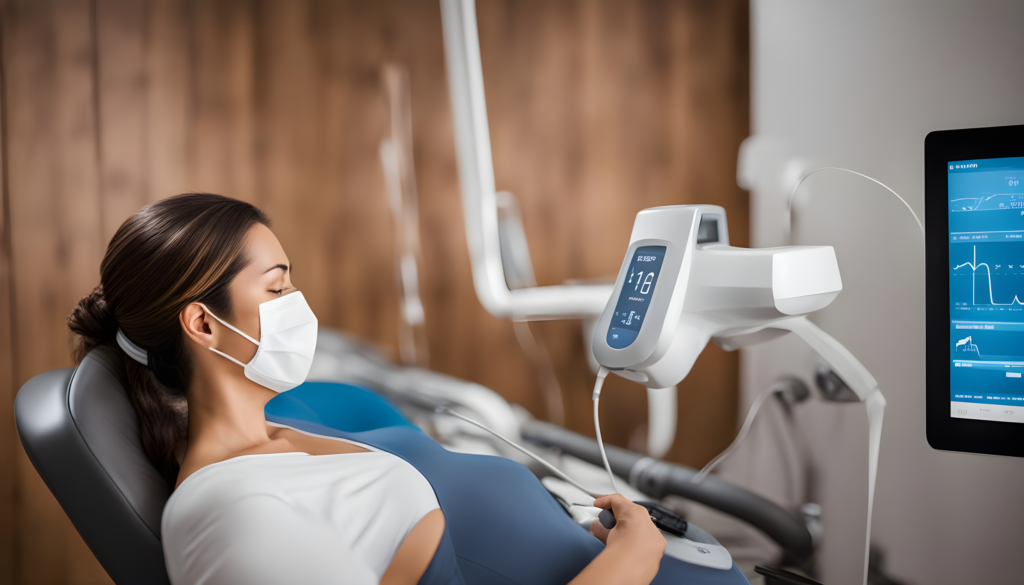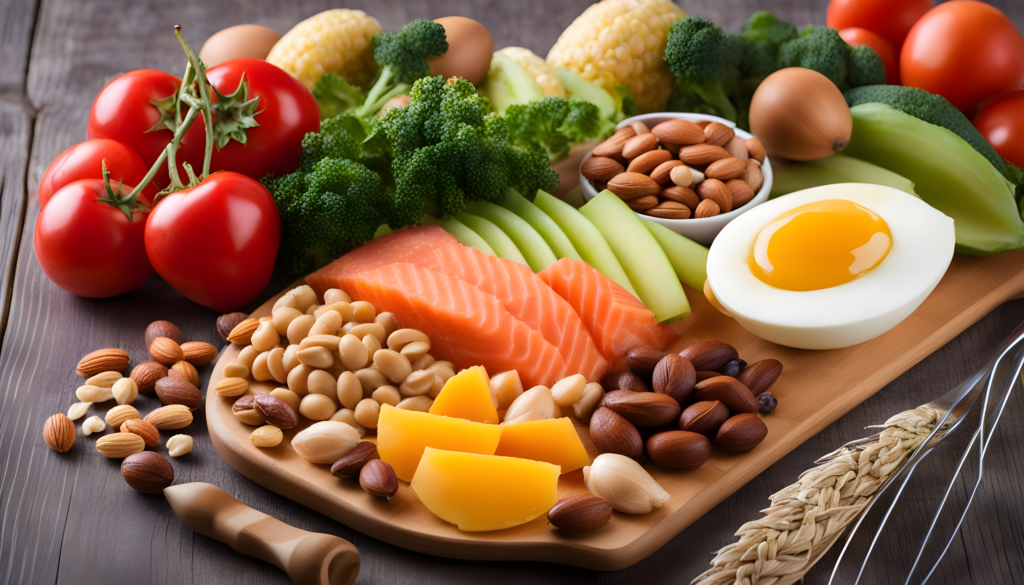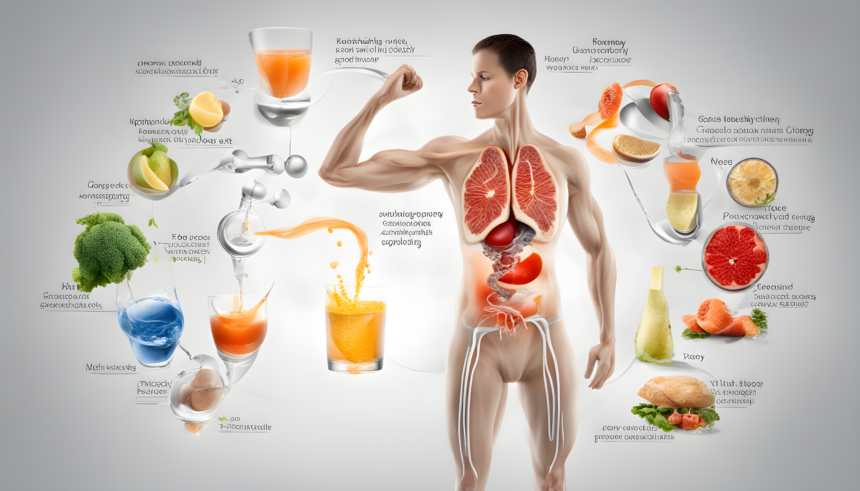Metabolism is the sum of all the chemical processes that occur in the body to maintain life. It is responsible for converting the food we eat into energy that our cells use to function. Our metabolism is influenced by a number of factors, including our age, gender, muscle mass, and physical activity level.
A slow metabolism can make it difficult to lose weight or maintain a healthy weight. It can also lead to other health problems, such as fatigue, poor digestion, and cold intolerance.
If you are concerned that you may have a slow metabolism, there are a few things you can do to test it and, if necessary, boost it.
These are all possible signs and symptoms of a slow metabolism.

- Unexplained weight gain
- difficulty losing weight
- fatigue
- poor digestion and other symptoms
Unexplained weight gain
If you are gaining weight even though you are eating a healthy diet and exercising regularly, it could be a sign that your metabolism is slow. A slow metabolism means that your body is not burning calories as efficiently as it should.
Difficulty losing weight
If you are trying to lose weight but are having trouble, it could also be a sign of a slow metabolism. People with a slow metabolism often have a hard time losing weight, even when they are making healthy changes to their diet and exercise habits.
Fatigue
People with a slow metabolism often feel tired and sluggish, even after a good night’s sleep. This is because their bodies are not producing enough energy to fuel their daily activities.
Poor digestion
A slow metabolism can also lead to poor digestion, constipation, and bloating. This is because the digestive system is not working as efficiently as it should.
Other symptoms
Other possible signs of a slow metabolism include cold hands and feet, dry skin, and hair loss. These symptoms can occur because the body is not circulating blood as efficiently as it should.
If you are experiencing any of these symptoms, it is important to talk to your doctor. They can help you determine if you have a slow metabolism and can recommend ways to boost it.
Additional tips for boosting your metabolism
- Eat a healthy diet that is high in protein and fiber. Protein and fiber help to boost your metabolism and keep you feeling full.
- Exercise regularly, especially strength training. Strength training helps to build muscle mass, which can increase your resting metabolic rate (RMR).
- Get enough sleep. When you don’t get enough sleep, your body produces more of the stress hormone cortisol, which can slow down your metabolism.
- Manage stress. Chronic stress can also lead to a slower metabolism. Find healthy ways to manage stress, such as exercise, yoga, or meditation.
By following these tips, you can boost your metabolism and improve your overall health.
How to test your metabolism:
The most accurate way to test your metabolism is to have a resting metabolic rate (RMR) test done by a registered dietitian or other healthcare professional.

During an RMR test, you will lie down in a comfortable position and breathe into a mask for 10-15 minutes. The mask is connected to a machine that measures your oxygen consumption and carbon dioxide production. This information is used to calculate your RMR, which is the number of calories your body burns at rest.
RMR tests are typically performed in the morning before you have eaten or exercised. It is important to avoid caffeine and alcohol for 24 hours before the test and to get a good night’s sleep.
There are also some online calculators that can estimate your RMR. However, these calculators are not as accurate as a lab test, as they do not take into account all of the factors that affect your metabolism, such as your muscle mass, body composition, and activity level.
If you are concerned that you may have a slow metabolism, talk to your doctor. They can help you determine if you need to have an RMR test done and can provide you with personalized advice on how to boost your metabolism.
Here are some additional tips for preparing for an RMR test:
- Avoid caffeine and alcohol for 24 hours before the test.
- Get a good night’s sleep before the test.
- Fast for at least 12 hours before the test.
- Wear comfortable clothing to the test.
- Bring a book or magazine to read during the test.
What to expect after an RMR test
After your RMR test, your healthcare provider will provide you with your results. They will also help you interpret your results and develop a plan to boost your metabolism, if necessary.
If you have any questions or concerns about your RMR test, be sure to talk to your healthcare provider.
What to do if you have a slow metabolism
If you have a slow metabolism, there are a number of things you can do to boost it, including:

- Eating a healthy diet that is high in protein and fiber. Protein and fiber help to boost your metabolism and keep you feeling full. Aim to include a source of protein at every meal and snack. Good sources of protein include lean meats, poultry, fish, eggs, dairy products, legumes, and nuts. Fiber is found in fruits, vegetables, and whole grains.
- Exercising regularly, especially strength training. Strength training helps to build muscle mass, which can increase your resting metabolic rate (RMR). RMR is the number of calories your body burns at rest. Aim for at least 30 minutes of moderate-intensity exercise most days of the week.
- Getting enough sleep. When you don’t get enough sleep, your body produces more of the stress hormone cortisol, which can slow down your metabolism. Aim for 7-8 hours of sleep each night.
- Managing stress. Chronic stress can also lead to a slower metabolism. Find healthy ways to manage stress, such as exercise, yoga, or meditation.
In addition to the above tips, there are a few other things you can do to boost your metabolism, such as:
- Drinking plenty of water. Water helps to boost your metabolism and keep your body hydrated. Aim to drink 8-10 glasses of water per day.
- Eating spicy foods. Spicy foods contain capsaicin, a compound that has been shown to boost metabolism.
- Drinking green tea or oolong tea. Green tea and oolong tea contain catechins, antioxidants that have been shown to boost metabolism.
- Getting regular massages. Massage therapy can help to improve circulation and reduce stress, both of which can boost metabolism.
If you are making healthy changes to your diet and lifestyle and are still having trouble losing weight, talk to your doctor. They may be able to recommend other ways to boost your metabolism.
It is important to note that there is no magic bullet for boosting your metabolism. The best way to boost your metabolism and lose weight is to make sustainable changes to your diet and lifestyle.
Conclusion
A slow metabolism can make it difficult to lose weight or maintain a healthy weight. It can also lead to other health problems, such as fatigue, poor digestion, and cold intolerance.
If you are concerned that you may have a slow metabolism, talk to your doctor. They can help you determine if you need to be tested and can provide you with personalized advice on how to boost your metabolism.
Additional tips for boosting your metabolism
- Drink plenty of water throughout the day. Water helps to boost your metabolism and keep your body hydrated. Aim to drink 8-10 glasses of water per day.
- Eat spicy foods, such as chili peppers and cayenne pepper. Spicy foods contain capsaicin, a compound that has been shown to boost metabolism.
- Drink green tea or oolong tea. Green tea and oolong tea contain catechins, antioxidants that have been shown to boost metabolism.
- Avoid processed foods and sugary drinks. Processed foods and sugary drinks are high in calories and low in nutrients. They can also slow down your metabolism.
- Get regular massages. Massage therapy can help to improve circulation and reduce stress, both of which can boost metabolism.
Following these tips can help you to boost your metabolism and improve your overall health.
It is important to note that these tips are not a substitute for medical advice. If you are concerned about your metabolism, talk to your doctor.
FAQ:
Is there a magic bullet for boosting my metabolism?
There is no magic bullet for boosting your metabolism. The best way to boost your metabolism and lose weight is to make sustainable changes to your diet and lifestyle.
I’m doing all the right things, but I’m still struggling to lose weight. What should I do?
If you are making healthy changes to your diet and lifestyle and are still having trouble losing weight, talk to your doctor. They may be able to recommend other ways to boost your metabolism or rule out any underlying medical conditions.







